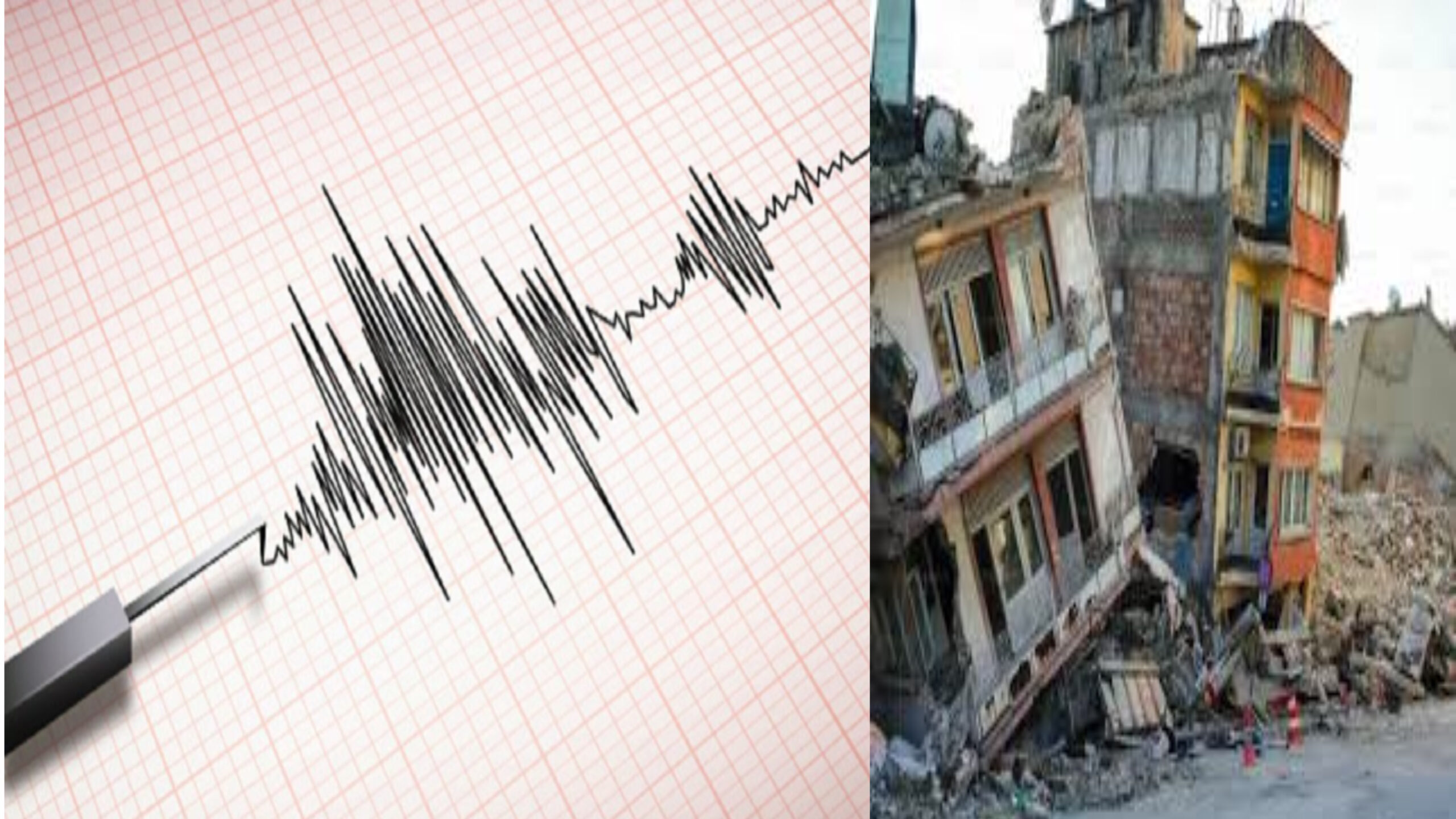A powerful earthquake, measuring 7.2 on the Richter scale, struck China’s southern Xinjiang late Monday night, according to the National Centre for Seismology. The seismic event, with a depth of 80 km, occurred on January 22, 2024, at 23:39:11 IST, with coordinates placing the epicenter at 40.96 latitude and 78.30 longitude in Southern Xinjiang, China.
The news of this earthquake comes just a month after a 6.2-magnitude quake rocked China’s Gansu and Qinghai provinces, resulting in the tragic loss of at least 131 lives. In response to that disaster, Gansu officials reported that over 87,000 people were evacuated to safety, approximately 15,000 homes collapsed, and an additional 207,000 structures were damaged. The earthquake in Gansu had a profound impact on 145,736 people, emphasizing the destructive force that natural disasters can unleash.
The recent seismic activity in Xinjiang also had repercussions beyond China’s borders, as tremors were felt in the Delhi-NCR region and other parts of India. The extent of the impact on these areas is still to be fully assessed. The connection between seismic events in one region and their effects on distant locations underscores the interconnectedness of our planet’s geophysical systems.
Understanding the geological dynamics at play is crucial in assessing the potential risks and impacts of such earthquakes. The Richter scale, used to measure the magnitude of seismic events, provides a numerical representation of the energy released during an earthquake. In this case, a magnitude of 7.2 indicates a significant release of energy, capable of causing widespread damage.
The depth of the earthquake, at 80 km, influences the intensity of the shaking felt on the Earth’s surface. Deeper earthquakes often result in less severe surface effects compared to shallower ones. However, the population density and infrastructure in the affected areas play a crucial role in determining the extent of casualties and damage.
China, being prone to seismic activity due to its location on the Pacific Ring of Fire, has experienced devastating earthquakes throughout its history. The government’s response to such events, including evacuation efforts and relocation of affected populations, highlights the importance of preparedness and resilience in the face of natural disasters.
The recurrence of significant earthquakes in relatively short periods raises questions about the seismic activity in the region and its potential implications. Scientists and seismologists will likely conduct thorough analyses to understand the geological processes responsible for these events and to assess the risk of future earthquakes.
The impact of earthquakes extends beyond immediate casualties and infrastructure damage. The economic and social consequences can be severe, requiring coordinated efforts in rescue, relief, and reconstruction. International collaboration in sharing knowledge and resources becomes crucial in such circumstances.
In the case of the recent earthquake in Xinjiang, the Global Times reported the aftermath of the quake in Gansu and Qinghai provinces, emphasizing the scale of the displacement and damage. Evacuating over 87,000 people, dealing with collapsed homes, and addressing the needs of hundreds of thousands affected present complex challenges that demand efficient response strategies and resources.
Natural disasters, including earthquakes, underscore the importance of building resilient communities and infrastructure. Earthquake-resistant construction, early warning systems, and community preparedness can significantly mitigate the impact of such events. Governments and communities alike must invest in proactive measures to minimize the loss of life and property when faced with the inevitable reality of geological activity.
In conclusion, the earthquake in China’s Xinjiang serves as a reminder of the unpredictable and powerful forces that shape our planet. It prompts reflection on the need for global cooperation in addressing the challenges posed by natural disasters. As communities assess the damage, scientists delve into the geological intricacies, and governments respond to the immediate and long-term needs of affected areas, the world is reminded of the importance of resilience and preparedness in the face of nature’s unpredictability.

